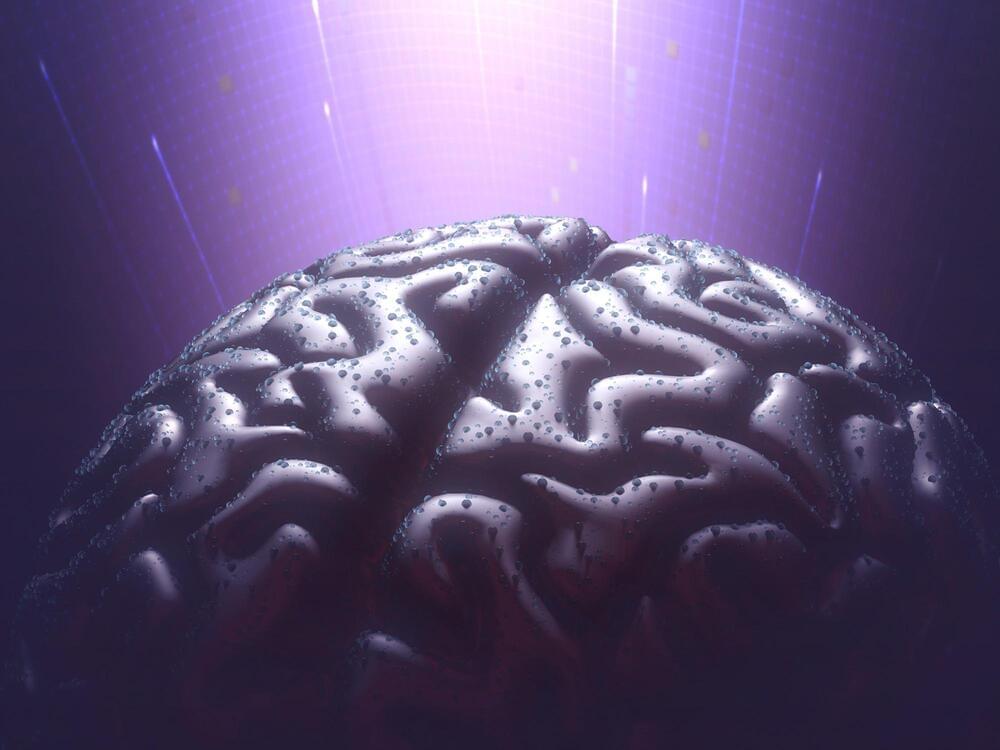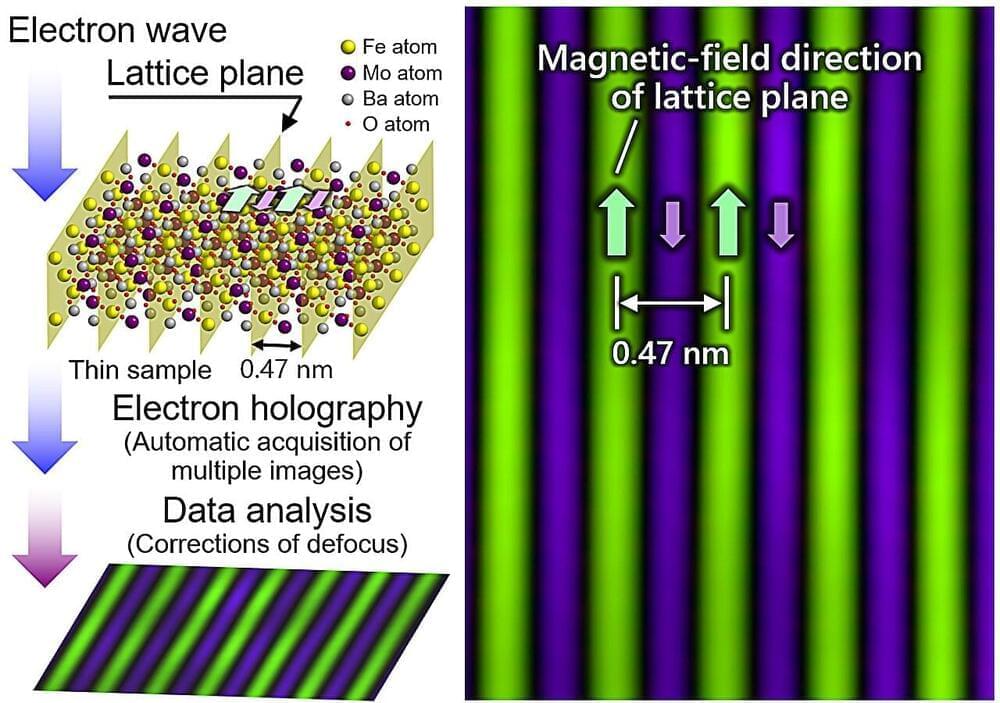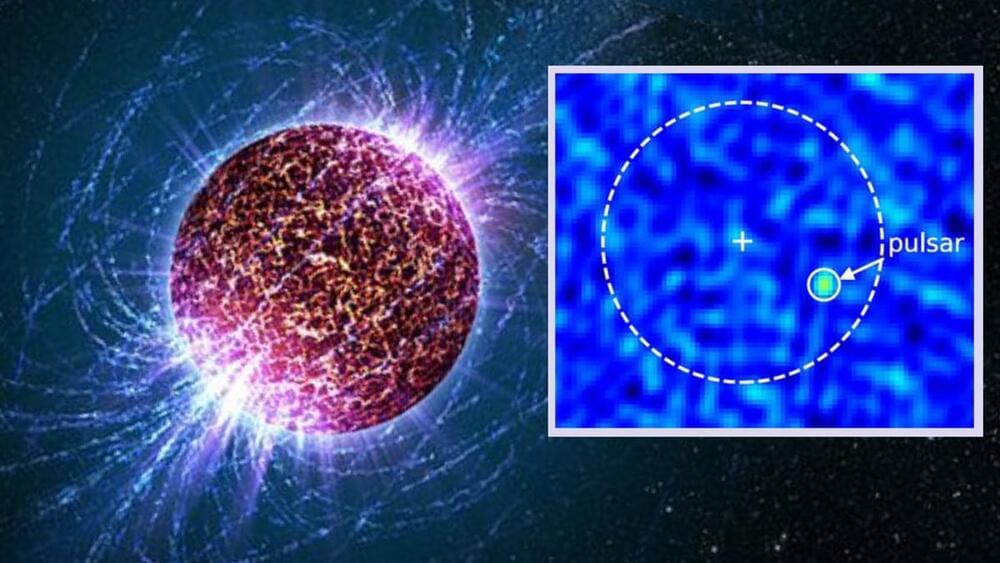On July 5, 2024, at around 1 a.m., Earth reached its farthest point from the Sun, known as aphelion. This annual event raises an intriguing question: why are we experiencing summer heat when our planet is at its greatest distance from the Sun?
Understanding Aphelion
During aphelion, Earth is about 94.5 million miles (152 million kilometers) away from the Sun. This contrasts with perihelion, which occurs in early January, when Earth is closest to the Sun at approximately 91.4 million miles (147 million kilometers).






